Urologists: Your Partners in Urological Health and Well-being
Urologists, often regarded as the unsung heroes of healthcare, play a vital role in ensuring the optimal functioning of our urinary system. These medical specialists possess a unique set of skills and expertise that empower them to diagnose, treat, and manage a wide range of urological conditions. With the help of our expert urologists at SIDS hospital, considered as one of the best hospitals in Surat, we have complied this comprehensive guide where we explore the world of urology, shedding light on the education, roles, and responsibilities of urologists, and answering crucial questions about when and why you should consult one.
Who Are Urologists and What Can They Do for Me?
Urologists are medical doctors who specialize in the diagnosis, treatment, and management of conditions related to the urinary system and male reproductive organs. They are highly trained professionals equipped to handle a diverse array of urological issues, from kidney stones to prostate cancer.
Education & Training: The Path to Becoming a Urologist
Becoming a urologist requires rigorous education and training. After completing a bachelor’s degree and medical school, aspiring urologists undergo a surgical residency program that typically lasts five to six years. During this intensive training, they acquire comprehensive knowledge of anatomy, surgical techniques, and patient care specific to urology.
What Do Urologists Do?
Urologists specialize in treating a wide range of conditions that affect the urinary system and male reproductive organs. Their expertise encompasses both surgical and non-surgical interventions. Some of the key areas of their focus include:
Organs Treated by Urologists
1. Kidneys
2. Bladder
3. Ureters
4. Prostate
5. Testicles
6. Penis
7. Urethra
Symptoms That Indicate a Visit to the Urologist
Both men and women should consult a urologist if they experience any of the following symptoms:
For Men:
– Erectile dysfunction
– Pain or discomfort in the genital area
– Blood in urine or semen
– Enlarged prostate
– Testicular pain or lumps
For Women:
– Frequent urinary tract infections (UTIs)
– Urinary incontinence
– Pelvic organ prolapse
– Bladder pain
– Kidney stones
Common Urological Conditions
Urologists are equipped to diagnose and treat a variety of urological conditions, including but not limited to:
– Kidney stones: These small, hard deposits form in the kidneys and can cause severe pain as they move through the urinary tract.
– Urinary tract infections (UTIs): UTIs are bacterial infections that affect any part of the urinary system.
– Prostate Conditions: Urologists specialize in diagnosing and treating both benign and malignant prostate conditions. These include benign prostatic hyperplasia (BPH), a non-cancerous enlargement of the prostate, and prostate cancer.
– Bladder Issues: Urologists address a spectrum of bladder-related problems. Overactive bladder, characterized by frequent and urgent urination, is managed through lifestyle modifications, behavioural therapies, and medications.
– Male infertility: Urologists treat conditions affecting sperm production, its transportation, and delivery, and recommend appropriate interventions, which may include medication, surgery, or assisted reproductive techniques.
– Erectile dysfunction: Urologists are experts at managing ED, a condition characterized by difficulties in achieving or maintaining an erection.
– Urinary incontinence: Urologists specialize in addressing urinary incontinence, a condition where individuals experience involuntary urine leakage.
– Pelvic organ prolapse: Urologists are instrumental in diagnosing and treating pelvic organ prolapse, a condition where organs such as the bladder, uterus, or rectum sag or bulge into the vaginal wall.
– Testicular cancer: Urologists are well-equipped to diagnose and treat testicular cancer, one of the most common cancers in young men.
When Should I See a Urologist?
Consulting a urologist or visiting the best urology hospital in Surat is recommended under various circumstances, such as:
– Persistent or severe urinary symptoms
– Blood in urine
– Recurrent urinary tract infections
– Changes in urinary habits
– Pain or discomfort in the pelvic area
– Concerns about sexual health
What Can You Expect from a Urologist?
A visit to a urologist typically begins with a thorough medical history review and physical examination. Depending on your symptoms and medical history, the urologist may recommend further diagnostic tests, such as urine analysis, blood tests, imaging studies (like ultrasound or CT scan), or cystoscopy (a procedure to examine the inside of the bladder and urethra). Once a diagnosis is established, the urologist will discuss treatment options tailored to your condition. Treatment may involve medications, lifestyle modifications, minimally invasive procedures, or surgery, depending on the severity and nature of the problem.
Conclusion
Urologists are specialized medical professionals with a comprehensive understanding of the urinary system and male reproductive organs. Their expertise extends from diagnosing and treating urological conditions to performing intricate surgical procedures. Whether you’re experiencing discomfort, changes in urinary habits, or other urological concerns, a urologist is your dedicated partner in preserving and enhancing your urological health.
We at SIDS hospital have a dedicated urological care unit that provides round-the-clock care to patients. The unit is headed by the most skilled and experienced urologist, staffed by experienced nurses and technicians who are trained to provide the highest level of care.
If you are looking for the best urological care, then being the best urology hospital in Surat, SIDS Hospital & Research Centre is the right place for you.


 Book Appointment
Book Appointment.png) Video Consultation
Video Consultation

